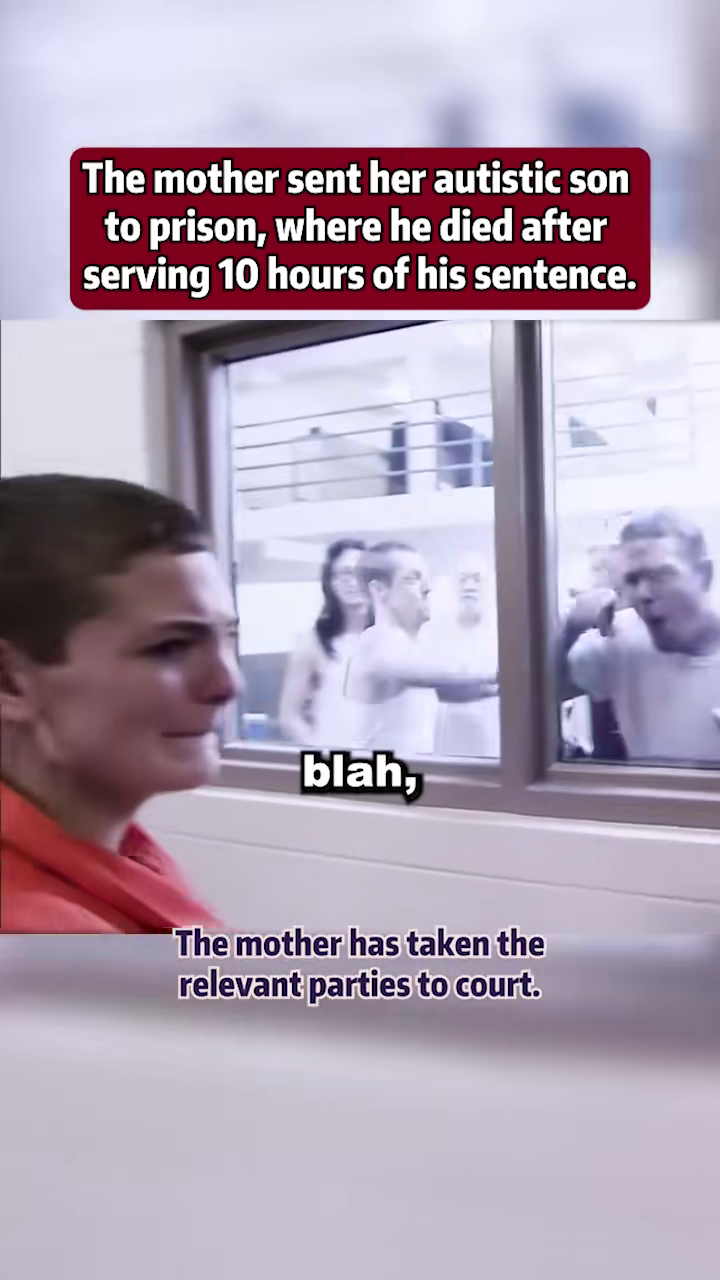Two separate tragedies — both bound by unbearable loss and haunting questions — have left Americans shaken.
The first takes place in Monroe Township, Ohio.
Prosecutors called it one of the most chilling cases they’d ever seen.
In June 2023, 32-year-old Chad Doerman lined up his three young sons — Clayton (7), Hunter (4), and Chase (3) — and shot them one by one. His wife was wounded as she tried to protect them.
During his confession, Doerman offered no defense. Instead, he admitted that he planned the killings in advance — every step of it. When asked about his wife, he allegedly told prosecutors:
“I kept her alive just so she would suffer without her boys.”
In court, Doerman sobbed as prosecutors described how he “hunted his children down like animals.” Family members screamed and wept from the gallery.
Ultimately, he pleaded guilty to multiple counts of aggravated murder and was sentenced to life in prison without parole. The judge called it “an act beyond comprehension,” condemning the father for extinguishing “three bright lives that never had a chance to fight back.”
The second story — quieter but no less devastating — unfolded in a state prison.
Isaiah Johnson, a young man on the autism spectrum, had been sentenced to a short term. But within 10 hours of arriving, he was dead.
According to reports, Isaiah displayed self-soothing behaviors — rocking, humming, and repetitive motions — that staff allegedly misunderstood as aggression.
In an attempt to restrain him, officers used force that medical experts say individuals with autism often cannot physically or neurologically tolerate.
The result was fatal.
Isaiah’s mother, heartbroken, said she sent her son to serve his sentence — not to die. She is now suing the responsible parties, demanding justice and accountability.
Advocates for autistic rights called his death a “systemic failure,” pointing out that correctional staff receive little to no training on how to handle neurodivergent individuals safely.
Two stories, different in setting but united by tragedy — one fueled by hatred, the other by ignorance.
Both serve as painful reminders of how fragile and misunderstood human life can be, even in places meant to protect it.

